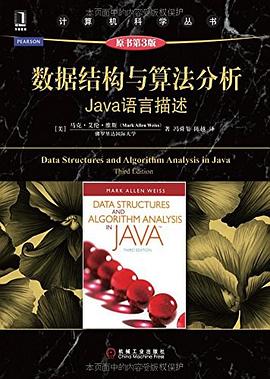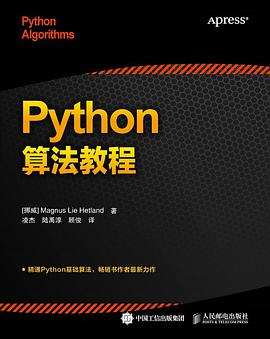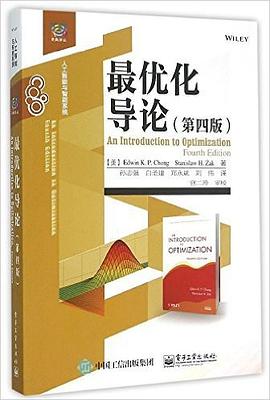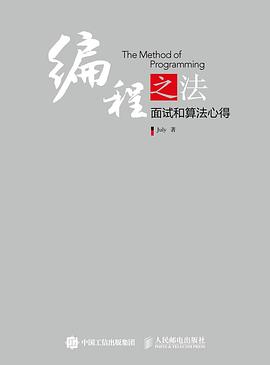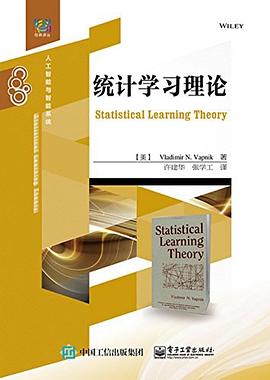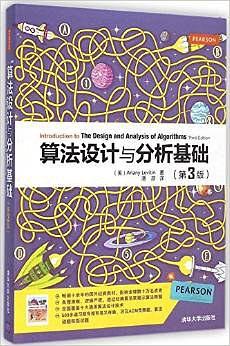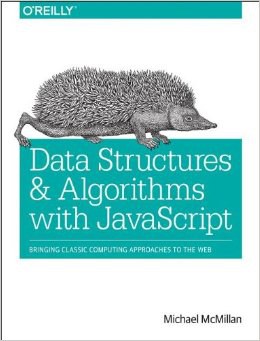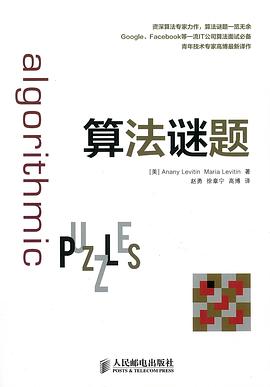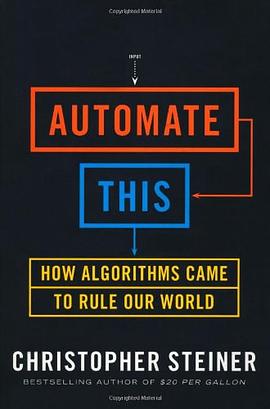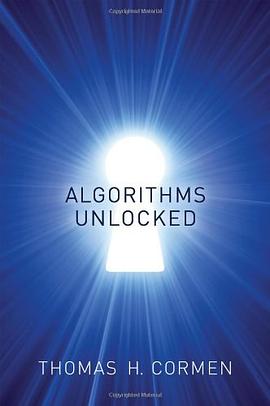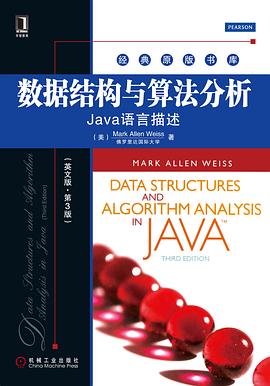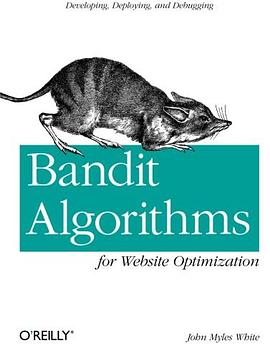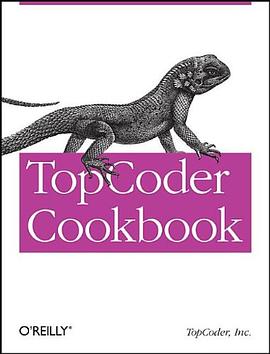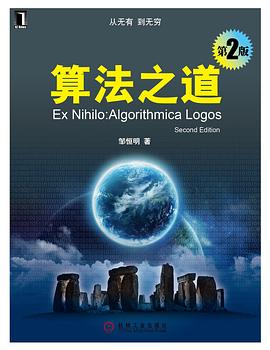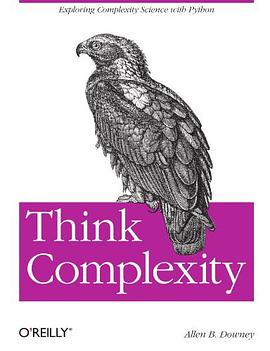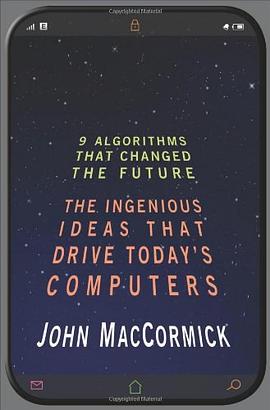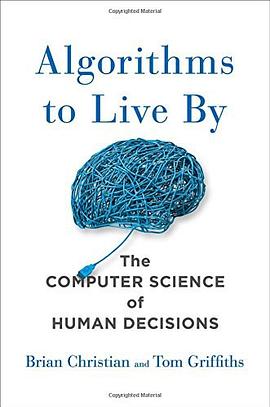

具體描述
A fascinating exploration of how insights from computer algorithms can be applied to our everyday lives, helping to solve common decision-making problems and illuminate the workings of the human mind
All our lives are constrained by limited space and time, limits that give rise to a particular set of problems. What should we do, or leave undone, in a day or a lifetime? How much messiness should we accept? What balance of new activities and familiar favorites is the most fulfilling? These may seem like uniquely human quandaries, but they are not: computers, too, face the same constraints, so computer scientists have been grappling with their version of such issues for decades. And the solutions they've found have much to teach us.
In a dazzlingly interdisciplinary work, acclaimed author Brian Christian and cognitive scientist Tom Griffiths show how the algorithms used by computers can also untangle very human questions. They explain how to have better hunches and when to leave things to chance, how to deal with overwhelming choices and how best to connect with others. From finding a spouse to finding a parking spot, from organizing one's inbox to understanding the workings of memory, Algorithms to Live By transforms the wisdom of computer science into strategies for human living.
著者簡介
About the Author
Brian Christian is the author of The Most Human Human, a Wall Street Journal bestseller, New York Times editors’ choice, and a New Yorker favorite book of the year. His writing has appeared in The New Yorker, The Atlantic, Wired, The Wall Street Journal, The Guardian, and The Paris Review, as well as in scientific journals such as Cognitive Science, and has been translated into eleven languages. He lives in San Francisco.
Tom Griffiths is a professor of psychology and cognitive science at UC Berkeley, where he directs the Computational Cognitive Science Lab. He has published more than 150 scientific papers on topics ranging from cognitive psychology to cultural evolution, and has received awards from the National Science Foundation, the Sloan Foundation, the American Psychological Association, and the Psychonomic Society, among others. He lives in Berkeley.
圖書目錄
Algorithms to Live By
1 Optimal Stopping 9
When to Stop Looking
2 Explore/Exploit 31
The Latest vs. the Greatest
3 Sorting 59
Making Order
4 Caching 84
Forget About It
5 Scheduling 105
First Things First
6 Bayes’s Rule 128
Predicting the Future
7 Overfitting 149
When to Think Less
8 Relaxation 169
Let It Slide
9 Randomness 182
When to Leave It to Chance
10 Networking 205
How We Connect
11 Game Theory 229
The Minds of Others
Conclusion 256
Computational Kindness
Notes 263
Bibliography 315
Acknowledgments 335
Index 339
· · · · · · (收起)
讀後感
一、停车场和麦田 此刻你正在电影院的地下停车场,身边坐着你今天的约会对象。你想把车停得尽量靠近电梯间,但那里的好车位可能已经被别的车占了。这时约会对象示意你旁边就有一个空车位,这里离电梯已经不算远了,但也不太近。你应该停这儿么?还是应该继续往前开?选择前者,...
評分全书是算法入门,从生活中的各种问题说起:租房、谈恋爱、老虎机、拍电影、面试、买彩票、各种排序、找停车位、寻找新药、临床试验、奥巴马拉赞助、预估电影票房,讲数学家对这些问题的解决办法(也就是算法),一般从算法的由来开始说起,到现在的实际应用情况,还有各种变化...
評分 評分从运动联盟排对阵表的角度看几种排序算法的角度倒是新颖。从第六章贝叶斯之后开始起飞了。从 overfitting 飞跃到了进化中的滞后,第七章 randomness 提到的 Monte Carlo 原来是被正经在研究原子弹的时候发明出来的,我当初还觉得自己用它省去了一些数学证明是作弊,turns out s...
評分画说那些被豆瓣低估了的好书之Algorithms to Live By - 算法优化生活 一本在豆瓣被严重低估的小书,Algorithms to Live By ,中文译名“算法之美”,如何用计算机算法优化生活。虽然书名看起来很深奥,实际上可读性很强,也不需要任何算法基础——应该说,反而更加适合对计算机...
用戶評價
看到地老天荒,終於在早晨的船上看完瞭。。
评分看到地老天荒,終於在早晨的船上看完瞭。。
评分看到地老天荒,終於在早晨的船上看完瞭。。
评分其實到不瞭 live by 的程度,但是我仍然覺得這本書用對瞭倍鏡。它離生活智慧和書本算法都足夠遠,站在瞭中間點。你當然不能得到什麼中彩票的秘訣,也沒看到常青藤級彆的計算機課程。雖然目錄看上去越來越像教科書,但讀者能得到的是一種生活觀:生活並不凡庸,尋常瑣事皆有解。“But this doesn’t mean that bad equilibria can’t be fixed. It just means that the solution is going to have to come from somewhere else.” 在坐地抱怨哭鬧前,先持續得找解方案,一直找下去也比就此認定一切都是雞毛和傻逼然後走上如何精緻得撒謊撕逼再裝作毫不在乎強。
评分37% | 關鍵在於時間,假設你還打算住很久,那就應該去積極探索新事物,冒點險是值得的 | 避免過度擬閤 1限定思考時間。比如一天小時之內必須完成報告。2限定內容長度。比如 “電梯談話” 。3在白闆上討論商業計劃,要使用粗的馬剋筆,筆畫越粗,對你的思維越有利,越能逼著你去考慮大局
相關圖書
本站所有內容均為互聯網搜索引擎提供的公開搜索信息,本站不存儲任何數據與內容,任何內容與數據均與本站無關,如有需要請聯繫相關搜索引擎包括但不限於百度,google,bing,sogou 等
© 2025 book.quotespace.org All Rights Reserved. 小美書屋 版权所有

